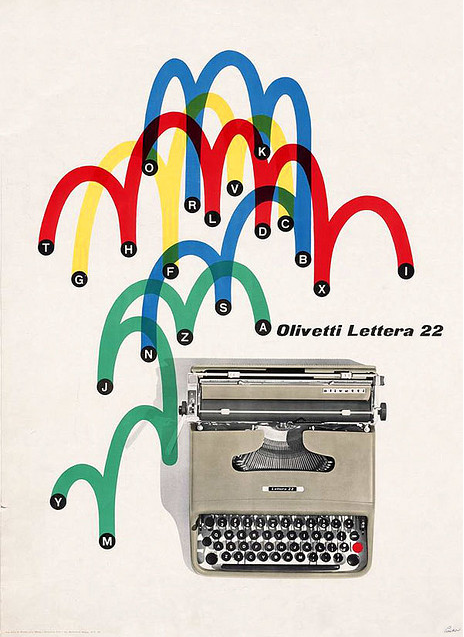
I handed the telephone to the applicant, and sat down. Then followed that queerest of all the queer things in this world,—a conversation with only one end to it. You hear questions asked; you don't hear the answer. You hear invitations given; you hear no thanks in return. You have listening pauses of dead silence, followed by apparently irrelevant and unjustifiable exclamations of glad surprise, or sorrow, or dismay. You can't make head or tail of the talk, because you never hear anything that the person at the other end of the wire says. - Mark Twain writes about the telephone in the June 1880 Atlantic Magazine (via Kottke) Jon Rafman and Mr. Doob on this year's Creativity 50 list. Speculative Realism blog name generator e.g. "Hyperchaotic Nominalism." (Voyou) Review of Stan VanDerBeek show at MIT List Gallery (Frieze) Because Artaud repeatedly proclaimed himself a poet and a madman, his practice — his singular performativity of ideas — has been easily incorporated into our histories of high modernism. But Weil — a young woman, clumsy, cerebral, thin, and poorly dressed — wrote no manifestoes. Consequently, her work remains as vulnerable in death as it was in life. Chris Kraus writes about Simone Weil for LA Review of Books The Journey Into the Past, Present and Future of African Animation (African Digital Art) Cao Fei on Art21 Kevin Kelly writes about Internet Archive's book preservation initiative, which includes a physical archive, We are in a special moment that will not last beyond the end of this century: Paper books are plentiful. They are cheap and everywhere, from airports to drug stores to libraries to bookstores to the shelves of millions of homes. There has never been a better time to be a lover of paper books. But very rapidly the production of paper books will essentially cease, and the collections in homes will dwindle, and even local libraries will not be supported to house books -- particularly popular titles. Rare books will collect in a few rare book libraries, and for the most part common paper books archives will become uncommon. It seems hard to believe now, but within a few generations, seeing a actual paper book will be as rare for most people as seeing an actual lion. “The Digital Revolution,” a New Yorker iPad edition gathering tech stories from the archive starting with a 1958 Talk of the Town story about a chess-playing I.B.M. computer. Rob Walker (New York Times magazine "Consumed" columnist) now contributing to Design ObserverThe idea is that the computer program is extremely positive and brings compassion and understanding to this person whose life is not very happy. When he electrocutes himself because he didn't put the plug and the wires together properly, he has this near-death experience and, initially, everyone's being really nice to him and he gets the sense that they're understanding him. And then, suddenly, they're not. It wasn't really meant to be a connection with the computer as much as a lovely dream that is no longer lovely. The computer program comes and brings him back to life. It's meant to be a very kindly presence. - Kate Bush on her new music video (Pitchfork) Case study in context collapse: INTEL's The Museum of Me. An image of my sister appeared directly next to a dead friend, followed by a co-worker making a goofy pose. Later on a snapshot of my current girlfriend was juxtaposed next to an old flame. (Beta Beat) Two from Tech Dirt: How Important Is It To Preserve Our Digital Heritage?and Youtube, Creative Commons And Why It's OK For You To License Your Artwork Any Way You Want Jason Scott (Textfiles, Archive Team) considers Facebook: Facebook now stands as taking over a decade and a half of the dream of the World Wide Web and turning it into a miserable IT cube farm of pseudo human interaction, a bastardized form of e-mail, of mailing lists, of photo albums, of friendship. Keep Clicking...

